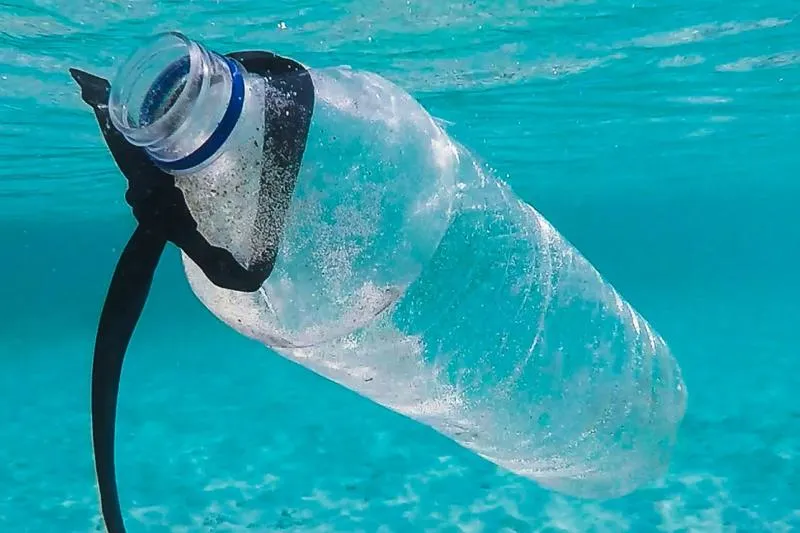
In the face of globally increasing plastic pollution, the United Kingdom stands at a crossroads. We urgently need to reimagine our relationship with plastic and the waste generated at its end of life.
From production through to its disposal into incineration or landfill, . The current linear economy of “make, use, dispose” is evidently unsustainable. We need to replace this with a circular economy model, in which polymeric carbon is valued, and stays as polymeric carbon for as long as possible.
We understand that the environmental and public health risks arising from plastic pollution are of substantial public interest. reveals a stark contrast between public concern and political priorities. The public ranks plastic pollution in their top-three threats to society, alongside war and climate change. However, environmental issues concerning plastics rank lower for Members of Parliament.
There is a clear necessity for policies that align with public sentiment and scientific evidence.
The time for incremental change has passed. The Policy Commission for Sustainable Plastics presents a compelling case for the UK Government to enact bold policies that ensure plastics contribute positively to the economy without compromising the environment.
Policy Commission members
As to reach an international legally binding plastics treaty continue, there is an opportunity for the UK to play a leading role. We can utilise sustainable plastics policies to accelerate our journey towards Net Zero, as well as to benefit our economy.
.
Our recent that collated evidence from a wide range of private and public sector experts has laid the groundwork for such urgently required change and presents a series of policy recommendations poised to guide the UK Government towards a future where plastics are used sustainably.
Key Recommendations for Government
Experts from across the plastics value chain gathered to present evidence on the plastics challenge, which was then integrated into a range of recommendations developed by our Commissioners. These recommendations outline the step change required in the following areas:
- Revalorising Plastic Waste: Treating plastic waste as a resource can incentivise green growth and next-generation recycling technologies.
- Tax System Reforms: Adjusting tax systems to reflect the environmental cost of plastics and promote sustainable alternatives.
- Reducing Incineration and Landfilling: Setting ambitious targets to minimise waste disposal through incineration and landfilling.
- Regulating Bioplastics and Compostables: Implementing stricter marketing regulations on compostable and biodegradable plastics to prevent misleading claims.
- Promoting Sustainable Procurement: Encouraging best practices in public sector procurement through life cycle assessments.
- Building the evidence base: Funding research to understand the full impact of plastics on human health and the environment.
- Establishing a Research Centre: Creating a national sustainable plastics innovation research centre to drive long-term solutions.
Implementing these policies can bolster the UK economy by creating jobs in the green sector and positioning the UK as a leader in sustainable plastic management. Reducing the environmental footprint of plastics will support the functioning of vital ecosystem services, preserving biodiversity and protecting public health and wellbeing.
The time for incremental change has passed. The Policy Commission for Sustainable Plastics presents a compelling case for the UK Government to enact bold policies that ensure plastics contribute positively to the economy without compromising the environment. As the public’s concern grows, so too should the government’s commitment to a sustainable plastic future. With the Policy Commission’s recommendations, the path towards a sustainable plastic future is now clearer; it is time for the UK to lead the way in plastic sustainability.
